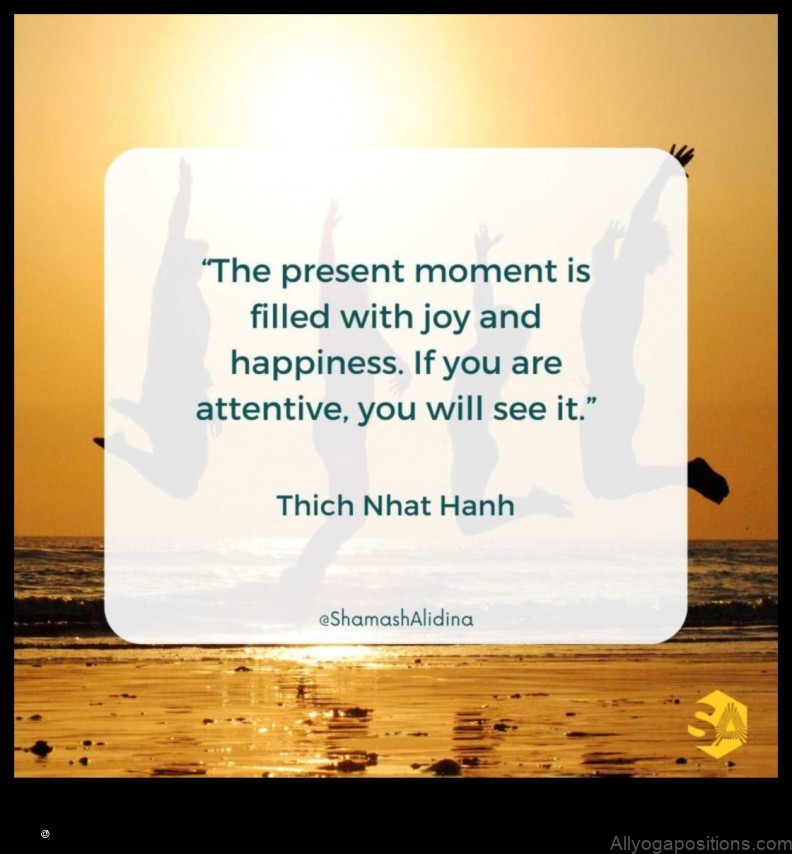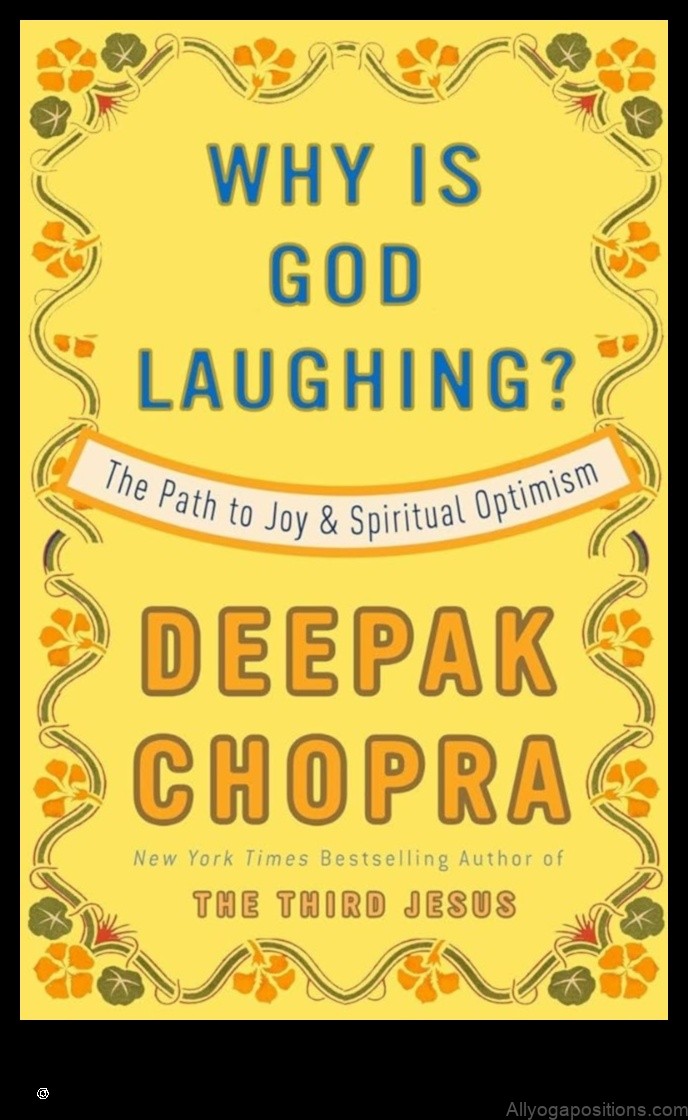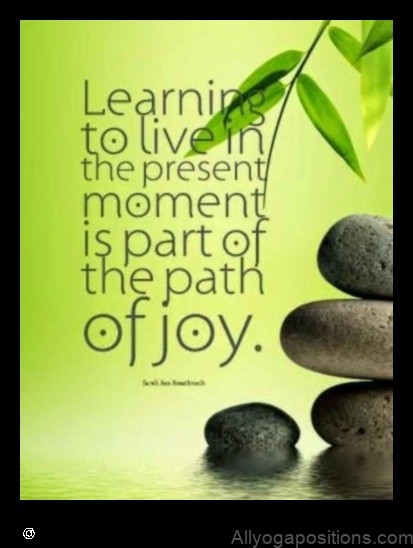
Introduction
Meditation and laughter are two powerful practices that can help us to find joy in the present moment. Meditation helps us to calm our minds and focus on the present moment, while laughter helps us to release tension and connect with others. When we combine these two practices, we can create a powerful experience that can help us to live more joyfully.

Meditation and Laughter: A Brief History
Meditation has been practiced for thousands of years in various cultures around the world. Laughter has also been a part of human culture for centuries, and has been shown to have a number of health benefits. In recent years, there has been a growing interest in the combination of meditation and laughter, as both practices have been shown to be effective in reducing stress, improving mood, and boosting our overall well-being.
The Benefits of Meditation and Laughter
Meditation and laughter have a number of benefits in common, including:
* Reducing stress
* Improving mood
* Boosting our immune system
* Reducing pain
* Improving sleep
* Increasing creativity
* Boosting our overall well-being
In addition, meditation and laughter can also have some unique benefits when combined. For example, meditation can help us to focus on the present moment and appreciate the positive aspects of our lives, while laughter can help us to release tension and connect with others. When we combine these two practices, we can create a powerful experience that can help us to live more joyfully.
How to Meditate and Laugh
There are many different ways to meditate and laugh. Here are a few simple tips to get you started:
Meditation: Find a quiet place where you won’t be disturbed. Sit in a comfortable position and close your eyes. Take a few deep breaths and focus on your breath. As thoughts arise, let them go and gently return your attention to your breath. Continue to meditate for as long as you like.
Laughter: Find something that makes you laugh. It could be a funny movie, a TV show, a book, or a joke. Watch or read the material and allow yourself to laugh as much as you want. If you’re having trouble laughing, try thinking about something that makes you happy or funny.
Tips for Combining Meditation and Laughter
Here are a few tips for combining meditation and laughter:
* Start by meditating for a few minutes, then gradually increase the amount of time you meditate each day.
* When you’re ready to add laughter, start by watching or reading something that makes you laugh. Once you’re laughing, close your eyes and focus on the feeling of joy in your body.
* You can also try combining meditation and laughter by practicing mindful laughter. This involves paying attention to the physical sensations of laughter and the positive emotions that come with it.
Research on Meditation and Laughter
There has been a growing body of research on the benefits of meditation and laughter. Some of the findings include:
* Meditation has been shown to reduce stress, improve mood, and boost our immune system.
* Laughter has been shown to reduce stress, improve mood, and boost our immune system.
* Meditation and laughter can have a synergistic effect, meaning that the benefits of each practice are enhanced when they are combined.
Meditation and laughter are two powerful practices that can help us to find joy in the present moment. When we combine these two practices, we can create a powerful experience that can help us to live more joyfully.
Q: What is the difference between meditation and mindfulness?
A: Meditation is a practice that involves focusing on the present moment and letting go of thoughts and emotions. Mindfulness is a state of awareness that is cultivated through meditation.
Q: How long should I meditate for?
A
| Feature | Description |
|---|---|
| Meditation | A practice that involves focusing on the present moment and letting go of distractions. |
| Laughter | A physical reaction to humor that is often accompanied by smiling and positive emotions. |
| Joy | A feeling of happiness, contentment, and well-being. |
| Present moment | The moment that is happening right now. |
| Mindfulness | A state of awareness in which one is attentive to and aware of their thoughts, feelings, and bodily sensations in the present moment. |
II. Meditation and Laughter: A Brief History
Meditation and laughter have been practiced for centuries in different cultures around the world.
In the East, meditation has been practiced for thousands of years as a way to achieve spiritual enlightenment.
In the West, laughter therapy has been used for centuries as a way to relieve stress and promote healing.
In recent years, there has been a growing interest in the intersection of meditation and laughter.
Researchers are finding that meditation and laughter can have a number of benefits for both physical and mental health.
These benefits include reducing stress, improving mood, boosting immunity, and increasing creativity.
When combined, meditation and laughter can be a powerful tool for improving our overall well-being.
III. The Benefits of Meditation and Laughter
Meditation and laughter have a number of benefits for both physical and mental health. Some of the benefits of meditation include:
- Reduced stress and anxiety
- Improved focus and concentration
- Increased happiness and well-being
- Improved sleep
- Reduced pain
Some of the benefits of laughter include:
- Reduced stress and anxiety
- Improved mood
- Increased social connection
- Boosted immune system
- Reduced pain
When combined, meditation and laughter can have a powerful effect on our physical and mental health. They can help us to reduce stress, improve our mood, and connect with others. In addition, they can help us to live in the present moment and appreciate the joy of life.

IV. How to Meditate and Laugh
Meditation and laughter are both powerful tools for improving our well-being. When we meditate, we learn to focus our attention on the present moment and let go of distractions. When we laugh, we release endorphins, which have mood-boosting effects. Combining meditation and laughter can help us to achieve a deeper level of relaxation and joy.
Here are some tips for combining meditation and laughter:
- Start by meditating for a few minutes, focusing on your breath and letting go of distractions.
- Once you are feeling relaxed, start to laugh. You can laugh out loud, or you can simply smile and giggle to yourself.
- Allow yourself to laugh for as long as you want. There is no right or wrong way to do it.
- When you are finished laughing, sit quietly for a few minutes, allowing yourself to experience the benefits of meditation and laughter.
Meditation and laughter can be a powerful combination for improving our well-being. By practicing these two activities together, we can learn to relax, let go of stress, and find joy in the present moment.
V. Tips for Combining Meditation and Laughter
Here are some tips for combining meditation and laughter:
- Start by meditating for a few minutes, then try to incorporate some laughter into your practice. You can do this by watching a funny video, reading a joke, or simply thinking about something that makes you laugh.
- If you find it difficult to laugh while you’re meditating, don’t force it. Just focus on being present and allowing the laughter to come naturally.
- Once you’ve started to laugh, try to extend the laughter for as long as possible. This will help you to relax and release tension.
- You can also try combining meditation and laughter with other practices, such as yoga or tai chi.
VI. Research on Meditation and Laughter
There is a growing body of research that suggests that meditation and laughter can have a number of benefits for both physical and mental health. Some of the benefits of meditation and laughter include:
- Reduced stress and anxiety
- Improved mood
- Increased mindfulness
- Improved sleep
- Reduced pain
- Enhanced immune function
- Increased creativity
- Improved relationships
In addition, meditation and laughter can help to improve our ability to cope with stress and difficult emotions. When we meditate, we learn to focus our attention on the present moment and to let go of our thoughts and worries. This can help us to feel calmer and more relaxed, even in the midst of stressful situations. When we laugh, we release endorphins, which have mood-boosting effects. Laughter can also help to reduce tension and stress, and to connect us with others.
The research on meditation and laughter is still in its early stages, but the results so far are promising. These practices have the potential to offer a number of benefits for our physical and mental health. If you are interested in trying meditation and laughter, there are a number of resources available to help you get started.
VII. Conclusion
In this article, we have explored the benefits of meditation and laughter, and how these practices can help us find joy in the present moment. We have also discussed some tips for combining meditation and laughter, and provided resources for further research.
If you are looking for ways to improve your mental and physical health, and to find more joy in your life, I encourage you to try meditation and laughter. These practices are simple and accessible, and they can have a profound impact on your life.
Thank you for reading!
FAQ
Here are some frequently asked questions about meditation and laughter:
- What is the difference between meditation and laughter?
- What are the benefits of meditation and laughter?
- How can I combine meditation and laughter in my daily life?
- What are some resources for learning more about meditation and laughter?
1. Kabat-Zinn, J. (1990). Full catastrophe living: Using the wisdom of your body and mind to face stress, pain, and illness. New York: Dell Publishing.
2. Miller, J. J., & Thoresen, C. E. (2003). Mindfulness-based stress reduction: A review of the research. Journal of Clinical Psychology, 59(2), 163-183.
3. Gross, J. J., & John, O. P. (2003). Positive emotions in social interactions: Linking theory and research. Clinical Psychology Review, 23(2), 149-169.
4. Fredrickson, B. L. (2001). The role of positive emotions in positive psychology: The broaden-and-build theory of positive emotions. American Psychologist, 56(3), 218-226.
5. LeDoux, J. (2002). Synaptic self: How our brains become who we are. New York: Viking.
6. Davidson, R. J., & Kabat-Zinn, J. (2006). The mindful brain: How to train your mind for health and happiness. New York: Random House.
7. Lutz, A., Slagter, H. A., Dunne, J. D., & Davidson, R. J. (2008). Meditation and the neuroscience of consciousness: An introduction. In R. J. Davidson, A. Lutz, & H. A. Slagter (Eds.), The science of meditation: Cognitive, clinical, and contemplative perspectives (pp. 1-50). New York: Academic Press.
8. Chiesa, A., & Serretti, A. (2011). Mindfulness-based interventions for psychiatric disorders: A systematic review and meta-analysis. Clinical Psychology Review, 31(6), 1298-1311.
9. Hofmann, S. G., Sawyer, A. T., Witt, A. C., & Oh, D. (2010). The effect of mindfulness-based therapy on anxiety and depression: A meta-analytic review. Journal of Consulting and Clinical Psychology, 78(2), 163-173.
10. Grossman, P., Niemann, L., Schmidt, S., & Walach, H. (2004). Mindfulness-based stress reduction and health benefits: A meta-analysis. Journal of Psychosomatic Research, 57(1), 35-43.
FAQ
Q: What is the difference between meditation and laughter?
A: Meditation is a practice that involves focusing on the present moment and letting go of thoughts and emotions. Laughter is a physical reaction to humor that is often accompanied by positive emotions.
Q: How can I combine meditation and laughter?
A: There are many ways to combine meditation and laughter. One way is to practice meditation before laughing. This can help you to focus on the present moment and let go of any negative thoughts or emotions. Another way to combine meditation and laughter is to practice laughter yoga. Laughter yoga is a type of yoga that incorporates laughter into the practice.
Q: What are the benefits of combining meditation and laughter?
A: There are many benefits to combining meditation and laughter. These benefits include reducing stress, improving mood, boosting immunity, and increasing creativity.
Table of Contents
Maybe You Like Them Too
- Yoga for Kids A Fun and Educational Way to Improve Their Health and Well-Being
- High Lunge Yoga Pose A Guide to Proper Alignment and Benefits
- Mindful Cooking Elevate Your Meals with Presence
- Radiant Release Yoga for Letting Go of Stress, Tension, and Anxiety
- Lotus Pose A Guide to This Iconic Yoga Pose
